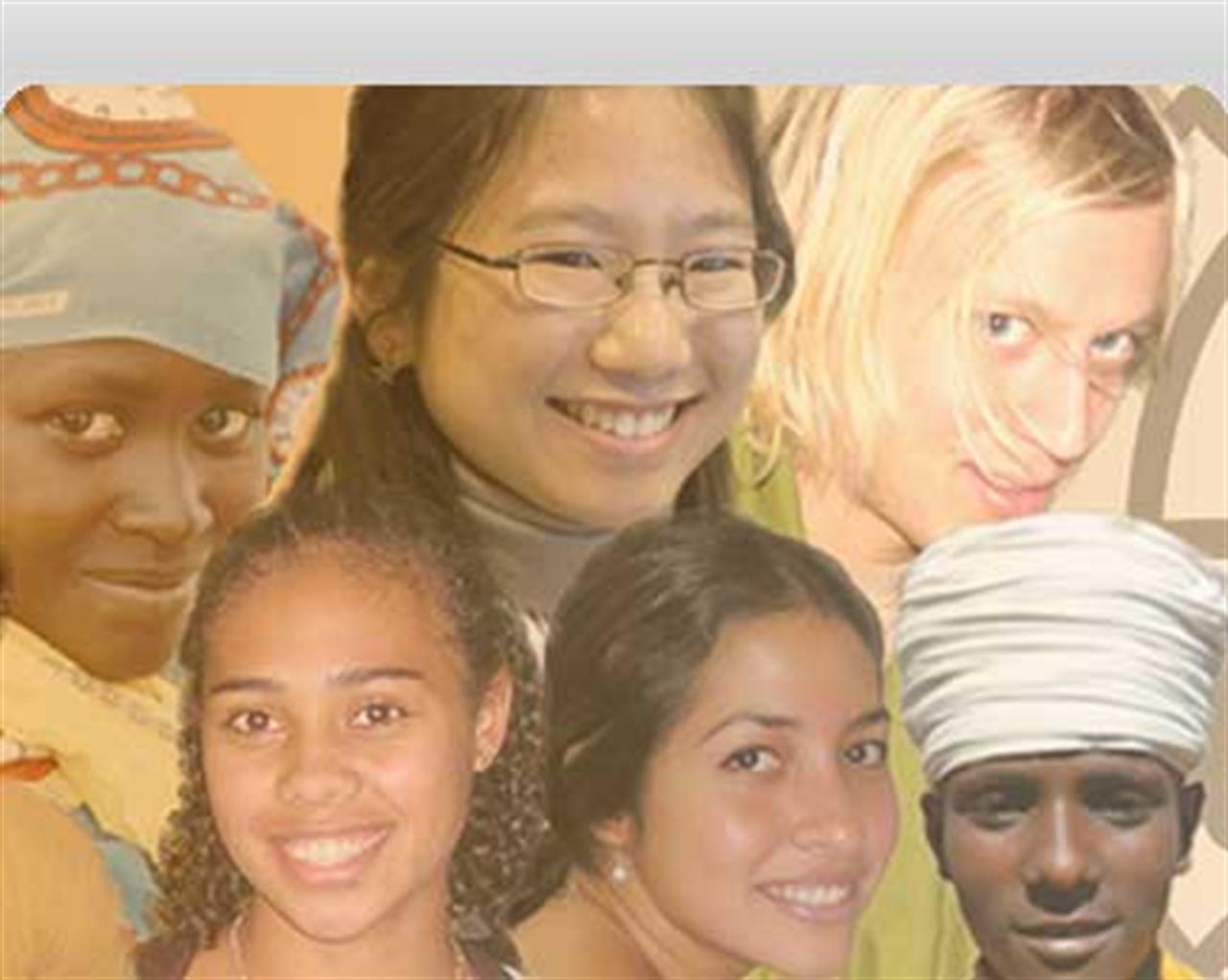Non profit
Open call for UN’s world youth report
The United Nations is seeking input from experts in the field of youth and climate change to contribute to the publication of the World Youth Report 2009.
di Staff

Youth and climate change. This is both the theme and working title of the UN World Youth Report for 2009, a yearly publication that homes in on the challenges and opportunities faced by young people across the world. Right now the UN is looking for experts, NGO practitioners and young people who have something to say about climate change and youth – in the form of academic research, case studies, publications, best practices, effective interventions or national youth policies currently being implemented.
The chapters of the “World Youth Report 2009: Youth and Climate Change” are as follows:
(Please note: The chapter titles are working titles and not final)
Introduction: Youth, Climate Change and the Social Development Agenda
This chapter looks at the relationship between climate change and social development, and the implications of these interactions for youth. It addresses the vulnerability of young people to the negative effects of climate change and highlights the circumstances of the most vulnerable youth populations.
Chapter 1. Climate Change, Youth and their Well-being
This chapter expands on the vulnerability of youth to climate change within the contexts of health, livelihood and conflict, and pays specific attention to the issue of geographic location.
Chapter 2. Indigenous Youth and Climate Change
This chapter shows how Indigenous youth are an especially vulnerable youth population across geographical areas. It highlights Indigenous cultures and practices as a means to finding solutions for global sustainability. In particular, it will elaborate on strategies for action informed by Indigenous knowledge and the youth perspective.
Chapter 3. Addressing change at the roots: youth consumption patterns
This chapter expands on the role of youth “culture” and lifestyle factors as key determinants in the future of climate change, with a particular focus on youth consumption patterns. It discusses youth consumption and lifestyles, and how young people can make more sustainable choices.
Chapter 4. Reforming Education for climate protection
This chapter looks at the role of education in developing a multidisciplinary understanding of the social, cultural, economic and environmental dimensions of climate change. It discusses reforming education to allow for the inclusion of climate change education in schools curriculum geared to help young people develop into responsibile global citizens.
Chapter 5. Adapting to climate change: Is youth employment at risk?
This chapter looks at the impact of climate change and mitigation measures on employment for youth – how it can both be a potential source of new employment opportunities, as well as create changes in existing jobs.
Chapter 6. Positioning Youth for Adaptation and Mitigation: the role of civil society
This chapter highlights best practices and strategies, as well as examines the potential contribution of youth-led organizations to advancing action on climate change in the key areas covered in the preceding chapters – education; consumption and production; employment; leisure time activities; poverty; health, HIV/AIDS; and armed conflict.
Chapter 7. Moving Forward: Placing youth at the centre of the response to climate change.
This chapter will look at how the impact of climate change can be better addressed to reflect youth concerns. It will also provide policy recommendations so that Governments can act to ensure that mitigation and adaptation measures they choose can guarantee that young people and future generations have a sustainable future.
The UN encourages participation from all fields to enhance the discussion, however the editors of the publication will make final decisions on the inclusion of submissions. Material included in the report will receive due acknowledgement. All input is to be sent to youth@un.org with “Suggestions for World Youth Report 2009” in the subject line or by post to: World Youth Report 2009, United Nations Programme on Youth, DC2-1310, 2 UN Plaza, New York, NY 10017. The deadline is January 23 2009.
Find out more: www.un.org
Vuoi accedere all'archivio di VITA?
Con un abbonamento annuale potrai sfogliare più di 50 numeri del nostro magazine, da gennaio 2020 ad oggi: ogni numero una storia sempre attuale. Oltre a tutti i contenuti extra come le newsletter tematiche, i podcast, le infografiche e gli approfondimenti.
